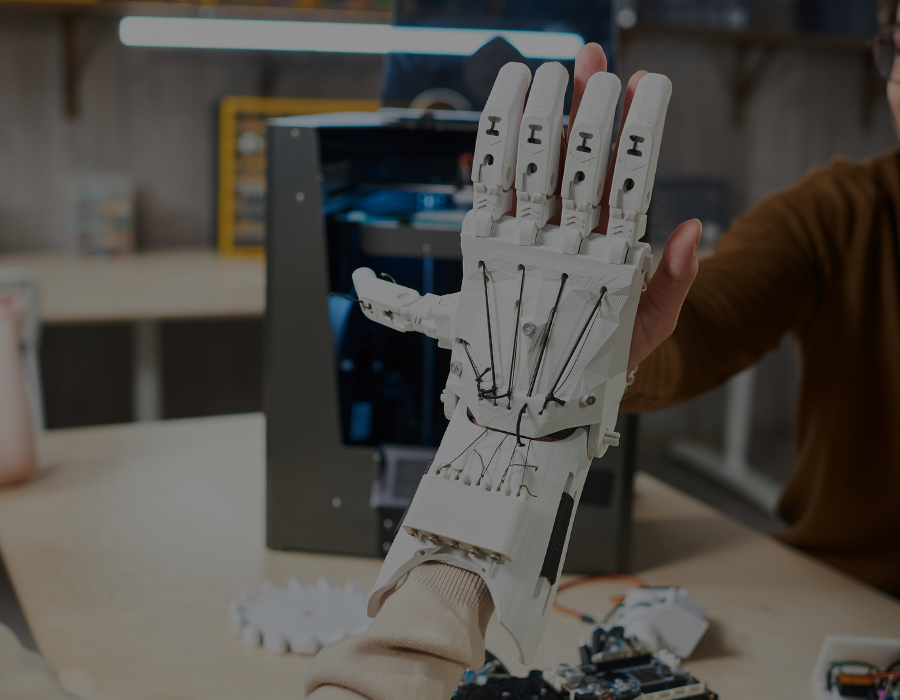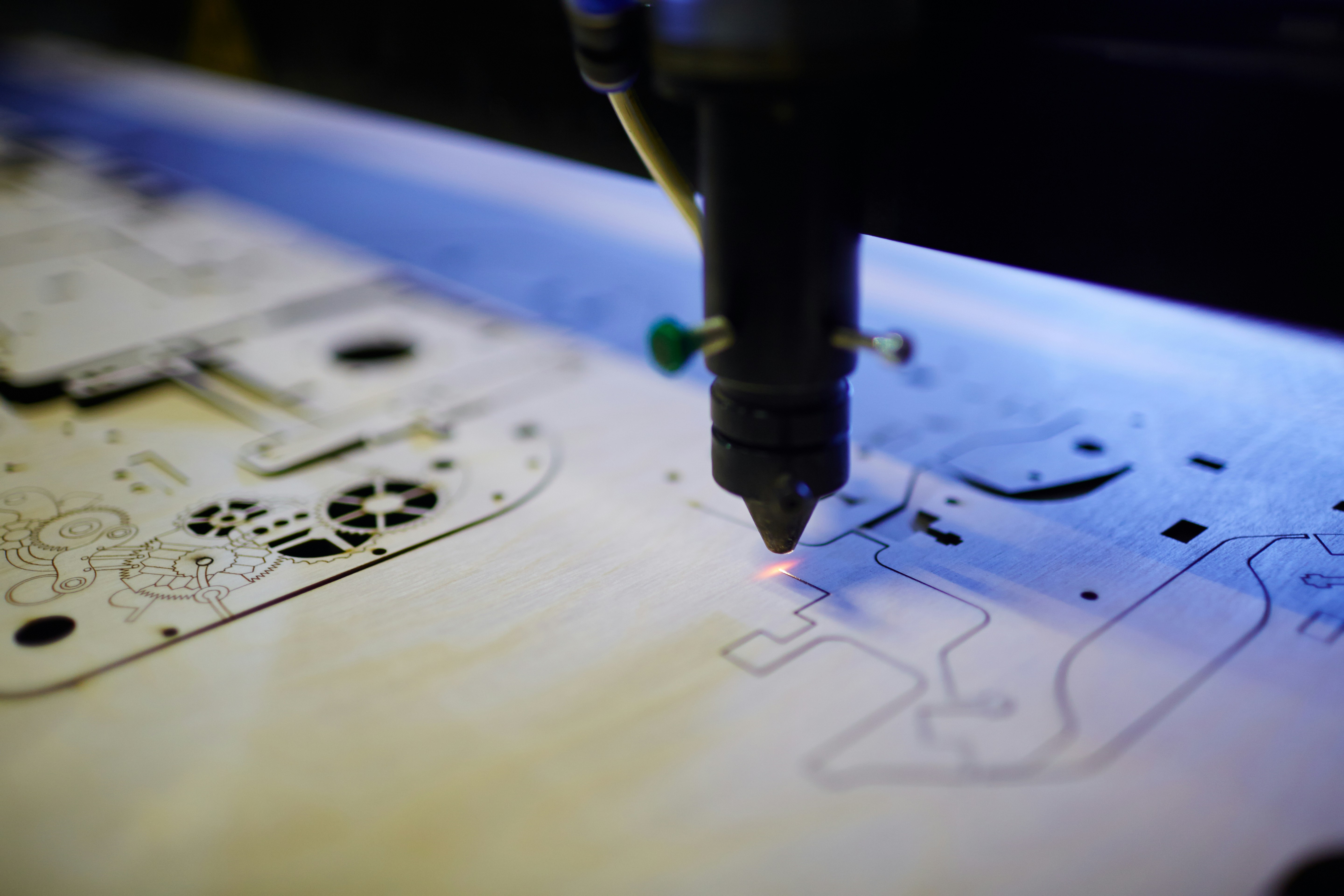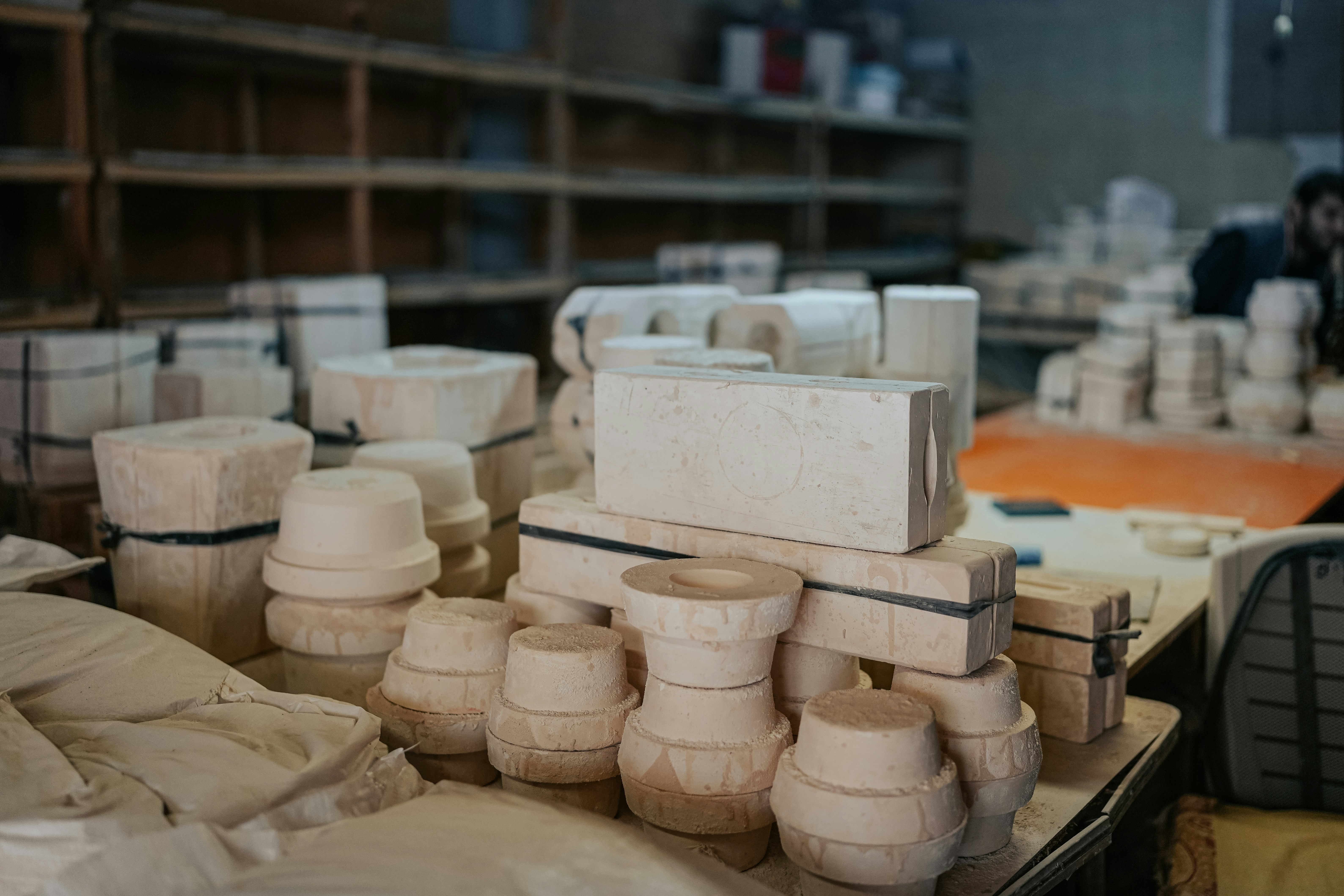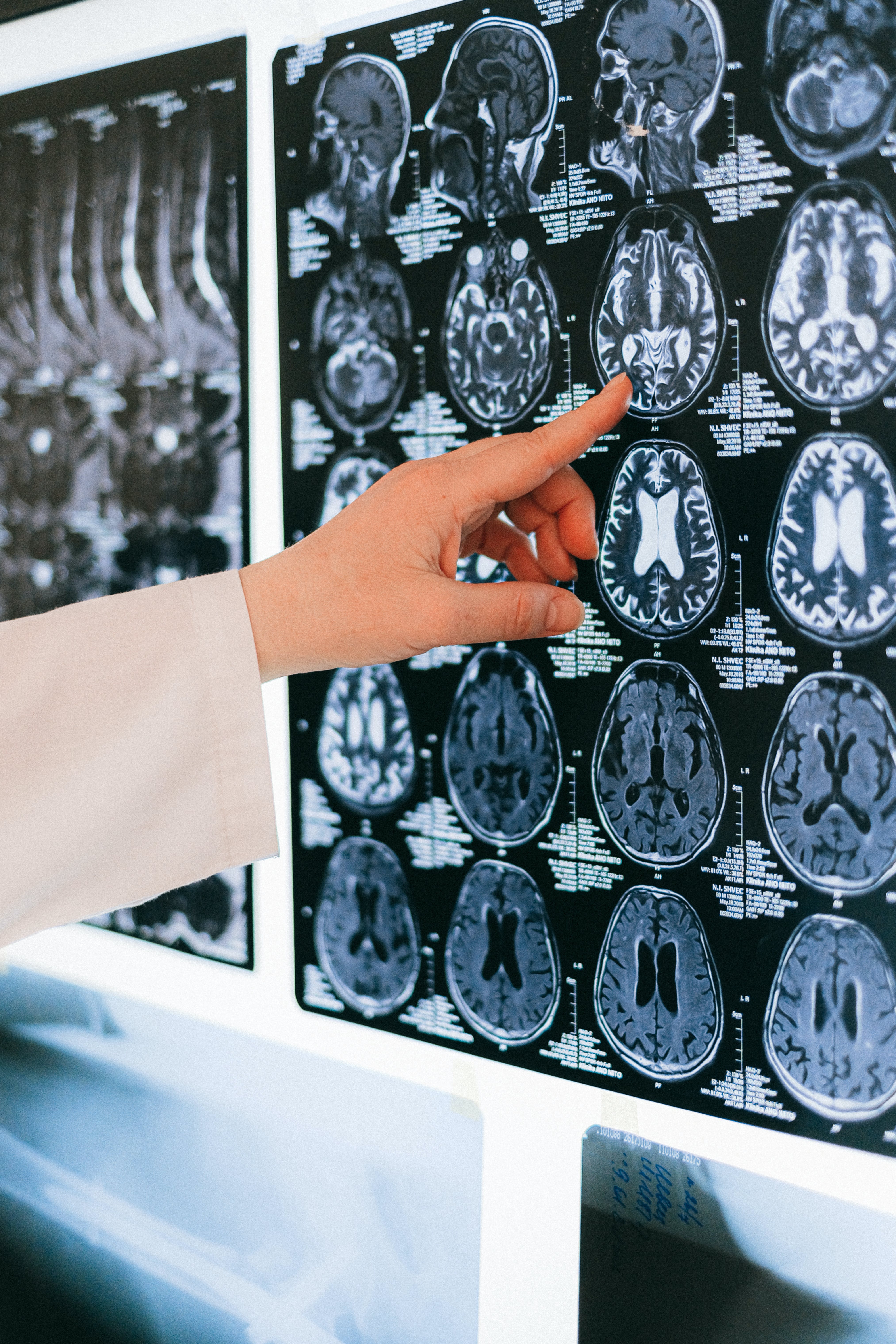
AI-deas
Supporting AI innovations that benefit science, citizens, and society.
An ambitious programme of AI innovation supported by ai@cam will spin up new research teams, collaborate with business, policymakers and civil society, and take innovative ideas from the lab to application.
New research strategies are needed to bridge the implementation gap between our aspirations for AI and our ability to deploy it to tackle major societal challenges. AI-deas is ai@cam’s incubator for challenge-led AI research that tackles major scientific and societal challenges. Projects supported through AI-deas will generate new thinking about the role of AI in addressing major challenges, build coalitions in areas of need, and create partnerships to take research from lab to real-world benefit.
AI-deas Blogs

ai deas
AI: Delivering new hope in fertility treatment?

ai deas
The Future of Marking? Investigating AI’s Potential in Student Assessment

ai deas
Decision-making with AI: Keeping humans in the loop
AI-deas News

ai deas
Connecting AI to public benefit

ai deas
Winners of AI-deas education and cultural heritage announced

ai deas
Revolutionising Conservation with AI
AI-deas Upcoming Events
No upcoming events








